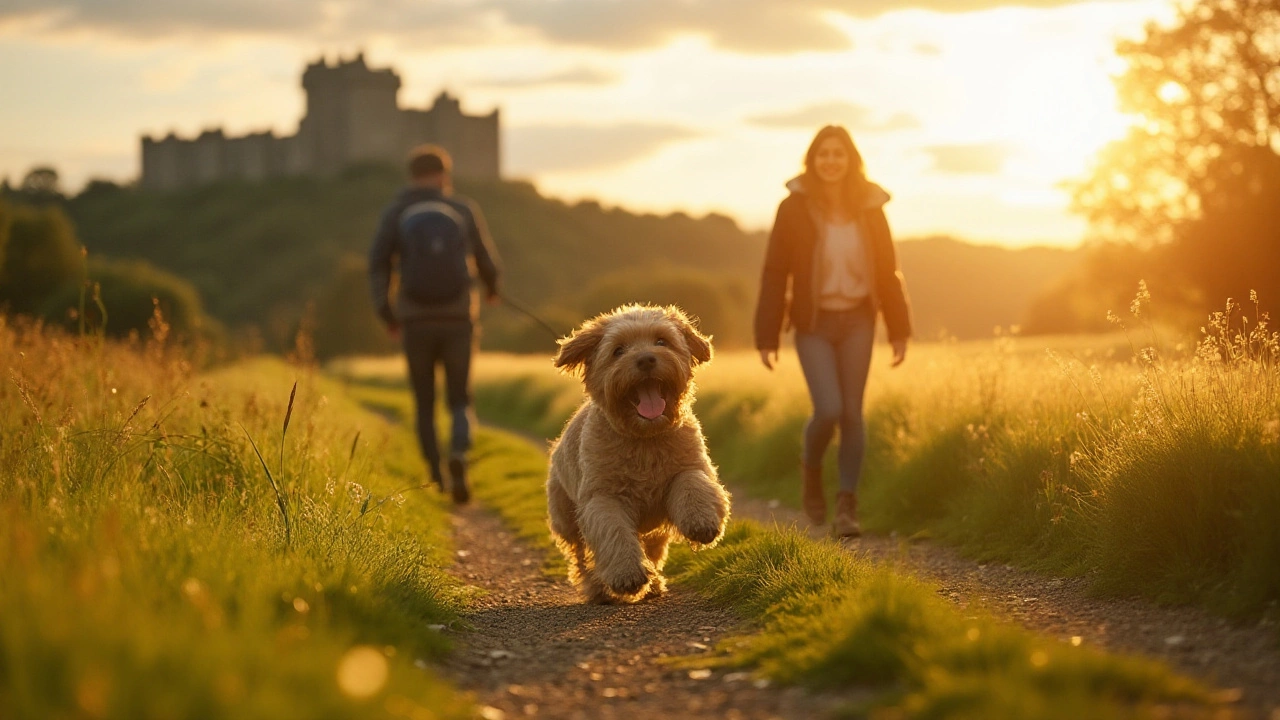Animal Welfare: Simple Tips to Keep Your Pets Safe and Healthy
When it comes to looking after a dog or cat, the basics matter most. A good collar or harness, regular grooming, proper nutrition, and safe travel habits all add up to a happier, healthier pet. Below you’ll find easy‑to‑follow advice that fits into everyday life, no matter if you have a hunting gundog or a sleepy indoor cat.
Everyday Care Basics
First, choose the right collar. If your dog spends a lot of time outdoors, a breakaway collar can prevent choking if the strap catches on something. For dogs that pull on walks, many vets recommend a well‑fitted harness instead of a traditional collar – it protects the neck and gives you more control.
Grooming isn’t just about looking good. Regular baths (when appropriate for the breed) keep skin healthy and make the next grooming session easier. A quick brush before a professional grooming visit helps remove loose hair and reduces matting.
Nutrition plays a huge role in welfare. Too much pumpkin or any treat can cause digestive upset, so stick to the recommended amount on the package and watch for signs of discomfort. If you’re considering supplements like fish oil or salmon oil, check the label for EPA and DHA levels – higher numbers usually mean better joint support.
Vaccinations are another pillar of good care. Keep a record of core shots for dogs and cats and schedule boosters as pets age. A simple reminder on your phone can save you a trip to the vet later.
Special Situations & Travel
Traveling with pets brings new challenges. Before a flight, confirm whether the airline requires insurance or a health certificate – many do for international trips. For short hauls, a sturdy carrier that fits under the seat keeps a dog safe and calm.
If you’re heading through airport security, remember the TSA rules: pets must be in a carrier that can be x‑rayed, and you’ll need a leash handy for the walk through. Packing a familiar blanket can soothe an anxious pup during the security line.
Ever wonder whether to keep a collar on at home? In most UK homes, it’s fine to leave a lightweight, breakaway collar on, especially if the dog is still learning recall. However, if a dog constantly scratches or gnaws the collar, removing it when indoors can prevent skin irritation.
Finally, think about the sleeping area. Some owners cover a puppy’s crate or add a blanket for comfort, but make sure the crate stays well‑ventilated. Too many blankets can cause overheating, especially in summer.
Animal welfare is a series of small, everyday choices. By picking the right gear, staying on top of health checks, and planning ahead for travel, you give your pet the best chance at a long, happy life. Keep these tips handy, and you’ll see the difference in your pet’s mood and health within weeks.
- Morgan Ainsworth
- 0 Comments
States with the Highest Puppy Mill Concerns for Pet-Friendly Travels
Puppy mills are a significant concern for animal welfare advocates and pet lovers, often producing dogs in unhealthy and inhumane conditions. When planning a dog-friendly vacation, being aware of states with high concentrations of these facilities can help you make more ethical travel choices. This article dives into which states currently struggle the most with puppy mill issues, offering insight and advice for concerned pet parents. As pet travel continues to grow in popularity, understanding where these worrying practices persist is crucial for responsible tourism.
View More
